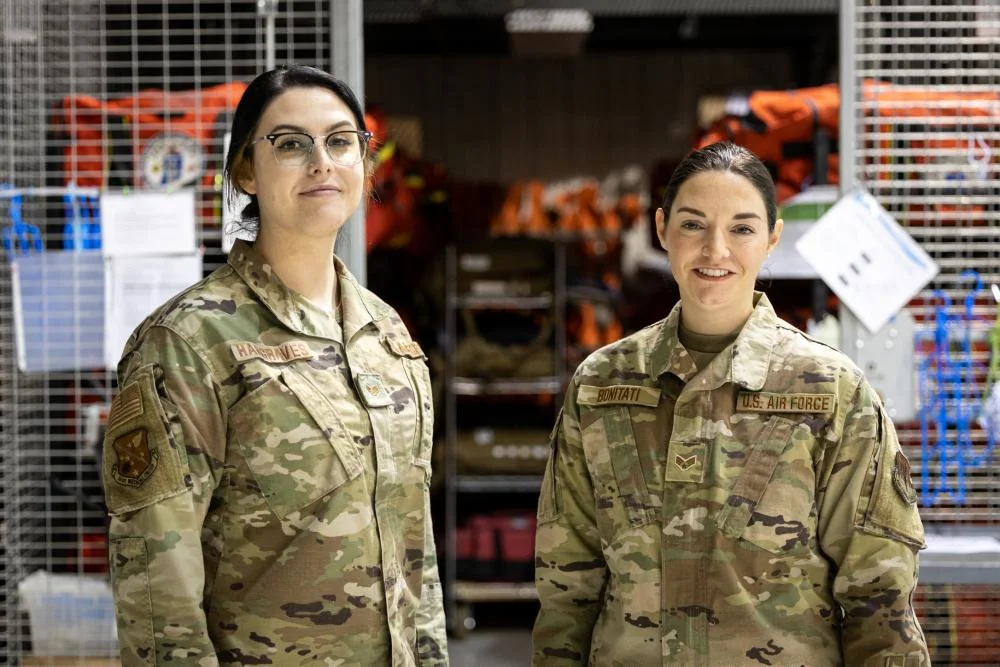The Rising Use of GaN Systems In Defense And Aerospace Will Drive The Gallium Nitride Semiconductor Devices Market – By The Business Research Company
LONDON, Dec. 1, 2022 /PRNewswire/ — The increasing use of technologically advanced GaN systems in the defense and aerospace sector is anticipated to boost gallium nitride semiconductor devices market. The gallium nitride semiconductor devices market growth is attributed to the rising need for increased bandwidth, as well as performance reliability in radio communications, radars, electronic warfare, and others. GaN-based integrated circuits (ICs) are used in radars to enable efficient navigation and real-time air traffic control. Moreover, GaN can provide higher operating frequencies for military jammers, terrestrial radios, and radar communication. For example, in April 2022, MACOM Technology Solutions Inc, a US-based supplier of radio frequency (RF) and microwave solutions, has been awarded a contract from the U.S. Department of Defense (DoD) to develop a high-power transmitter.

Avail a limited period discount of 33% on our uniquely designed Opportunities and Strategies market research reports. Contact us today and make winning strategies.
The global gallium nitride semiconductor devices market size is expected to increase from $6.24 billion in 2021 to $7.00 billion in 2022 at a compound annual growth rate (CAGR) of 12.13%. The Russia–Ukraine war disrupted the chances of global economic recovery from the COVID-19 pandemic, at least in the short term. The war between these two countries has led to economic sanctions on multiple countries, a surge in commodity prices, and supply chain disruptions, affecting many markets across the globe. The gallium nitride semiconductor devices market is expected to reach $12.41 billion in 2026 at a CAGR of 15.38%.
Request a free sample of the Gallium Nitride Semiconductor Devices Market Report
Gan In 5G Multi-Chip Modules – Gallium Nitride Semiconductor Devices Market Trends
GaN in 5G multi-chip modules is a trend gaining popularity in gallium nitride semiconductor devices market. GaN is used in multi-chip modules to boost lineup efficiency because lowering energy consumption is a primary concern for telecom infrastructure. Multichip modules (MCMs) are hybrid microcircuit extensions with increased electrical performance and density. Mobile network operators can reduce the cost of putting 5G on cell towers and rooftops because the 5G multi-chip modules help reduce the size and weight of radio units. For instance, in June 2021, NXP Semiconductors NV, a Dutch semiconductor designer and manufacturing company, announced the integration of GaN technology to its multi-chip module platform for 5G energy efficiency.
Texas Incorporated Was The Largest Competitor In The Gallium Nitride Semiconductor Devices Market
Texas Instruments Incorporated was the largest competitor in the gallium nitride semiconductor devices market in 2021 with a 11.25% share of the market. Texas Instruments’ growth strategy focuses on offering innovative solutions through the launch of new products. For instance, in November 2020, Texas Instruments launched the next generation of 600-V and 650-V gallium nitride (GaN) field-effect transistors (FETs) for industrial and automotive applications.
North America Was The Largest Region In The Gallium Nitride Semiconductor Market
North America was the largest region in the gallium nitride semiconductor devices market and was worth $2.13 billion in 2021. The gallium nitride semiconductor devices market in North America is supported by to government initiatives aimed at increasing production of electric vehicles.
See more on the Gallium Nitride Semiconductor Devices Market Report
Check out similar market reports:
Interested to know more about The Business Research Company?
The Business Research Company is a market intelligence firm that excels in company, market, and consumer research. Located globally, it has strategy enablement specialists in a wide range of industries including manufacturing, healthcare, financial services, chemicals, and technology.
The World’s Most Comprehensive Database
The Business Research Company’s flagship product, Global Market Model, is a market intelligence platform covering various macroeconomic indicators and metrics across 60 geographies and 27 industries. The Global Market Model covers multi-layered datasets which help its users assess supply-demand gaps.
Contact Information
The Business Research Company
Europe: +44 207 1930 708
Asia: +91 8897263534
Americas: +1 315 623 0293
Email: info@tbrc.info
LinkedIn: https://in.linkedin.com/company/the-business-research-company
Twitter: https://twitter.com/tbrc_info
Facebook: https://www.facebook.com/TheBusinessResearchCompany
YouTube: https://www.youtube.com/channel/UC24_fI0rV8cR5DxlCpgmyFQ
Blog: http://blog.tbrc.info/
Healthcare Blog: https://healthcareresearchreports.com/
Logo: https://mma.prnewswire.com/media/1751581/tbrc_logo.jpg
SOURCE The Business Research Company



 Private Internet Access gives you unparalleled access to thousands
of next-gen servers in over 83 countries and each US state. Your
VPN experience will always be fast, smooth, and reliable.
Private Internet Access gives you unparalleled access to thousands
of next-gen servers in over 83 countries and each US state. Your
VPN experience will always be fast, smooth, and reliable.
![DVIDS – Images – 7th Infantry Division and 3rd Marine Division participate in Yama Sakura 83 Opening Ceremony [Image 1 of 10] DVIDS – Images – 7th Infantry Division and 3rd Marine Division participate in Yama Sakura 83 Opening Ceremony [Image 1 of 10]](https://101veterans.com/wp-content/uploads/2022/12/1670220991_1000w_q75.jpg)






![DVIDS – Images – BV-206 communications upgrade [Image 5 of 6] DVIDS – Images – BV-206 communications upgrade [Image 5 of 6]](https://101veterans.com/wp-content/uploads/2022/12/1670189783_1000w_q75.jpg)
